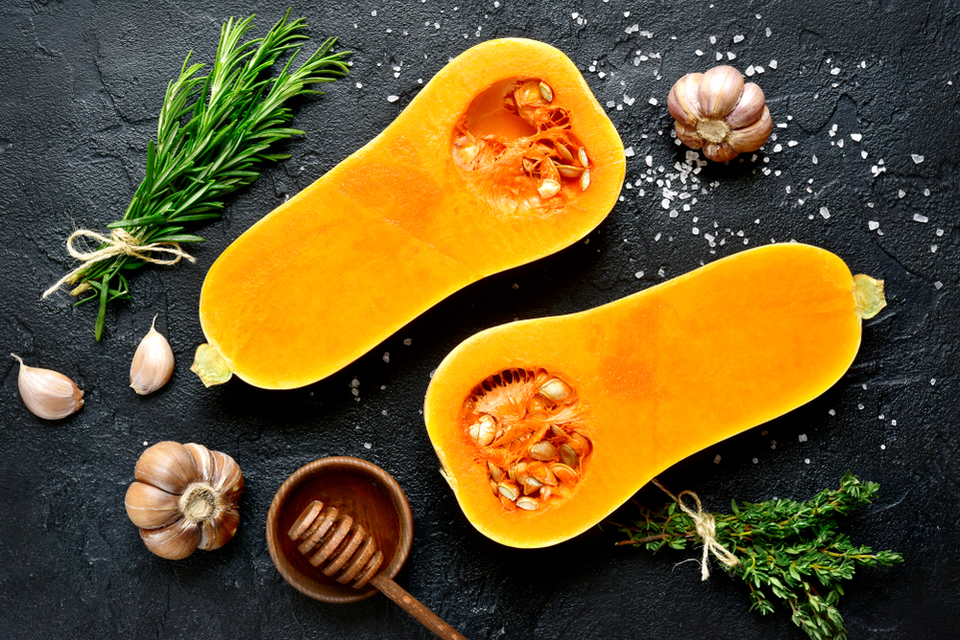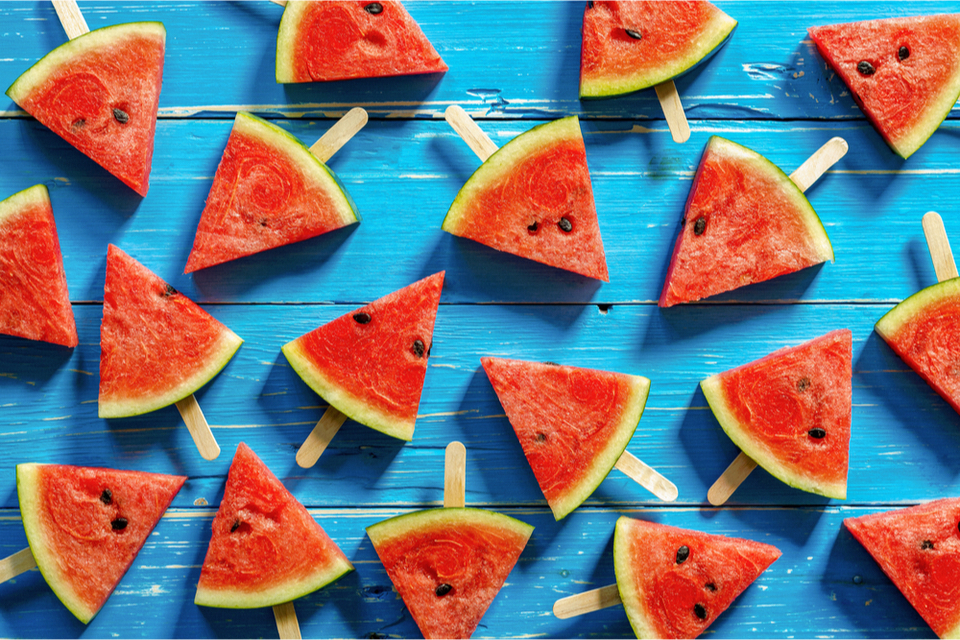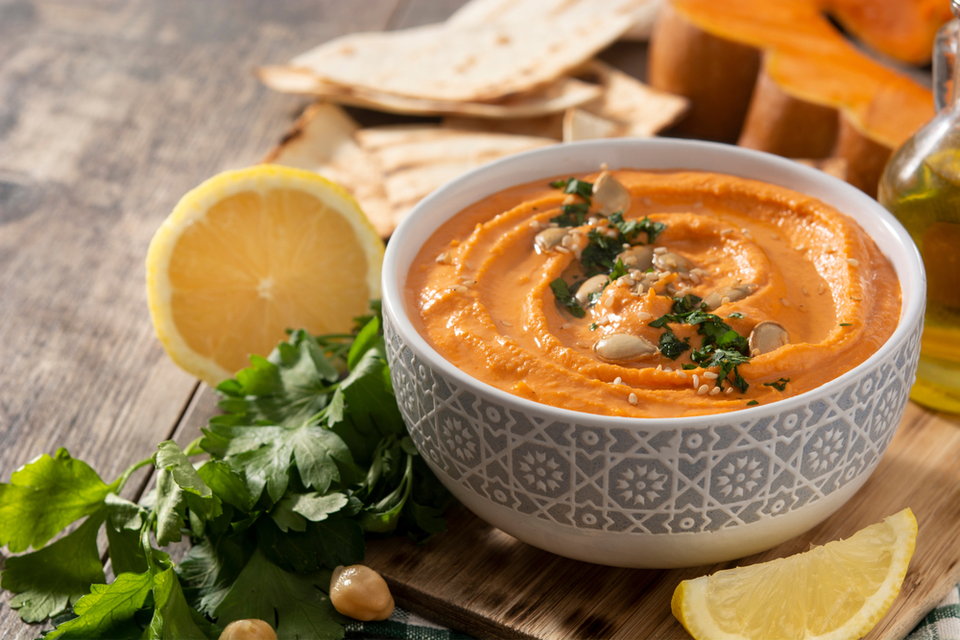“Go Keto!” “Go Paleo!” “Try a detox.” “Try intermittent fasting.” “You just have to quit cold turkey.” Everyone had a suggestion, and none of them worked. I used to be a sugar monster . . . a sugar monster who ate at least 150 grams of sugar a day. I couldn’t survive without it. As a physique competitor, I couldn’t succeed with it either.
Stuck in a place where I couldn’t get through the day without shaking from sugar deprivation and couldn’t progress my physique, I hired a dietician. The pearls that came to light to beat sugar cravings worked, and I’ll share them with you here, in case they help you too!
Allow yourself sugar, just not for breakfast and not before bed.
Breakfast sets the tone for the day. Your body learns what to expect each morning. If you have a cupcake for breakfast, it might be delicious, but you’ll be starving and grabbing more food as your insulin spikes and then drops. Sugar before bed isn’t any better. Insulin still rises, then sharply drops. This can lead to unusual hormonal imbalances while you sleep – the kind that sustains your sugar cravings day after day.
Have fun with protein powder.
While real food should make the diet, most protein powders taste great and can be made into tasty treats! Experiment with recipes such as protein smoothies, brownies, balls, and pudding. Protein is much more satiating than sugar, and it does not spike insulin and drop it quickly. I’ll admit my favorite is my breakfast “garbage disposal shake.” I blend frozen berries, half of a sweet potato cooked the night before, leftover green veggies, protein powder, and my favorite supplements like vitamin D and L-glutamine. Delicious and nutritious! It’s like drinking a sugar-packed milkshake without the actual sugar.
Substitute with foods that match temperature and texture.
I was hooked on ice cream; I would eat a pint a day. Now, I really don’t remember the last time I ate or even wanted ice cream. While there are several brands of alternatively sweetened ice cream, my goal was to aim for satiating nutrients instead of empty calories. So what was the nutritious substitute? Greek yogurt and fruit. Sometimes I blend it, sometimes I freeze it, sometimes I turn it into a parfait. If Greek yogurt isn’t your fix, try another alternative similar to the temperature and texture of your go-to sugar fix.
Are you a chocoholic, too?
We discovered that my “fix” was just as much related to chocolate as sugar. Thriving on brownies and m&ms was definitely not aligned with my physique goal. What did we do? The goal was to find the highest percentage of cocoa chocolate that smooshed the craving. While I tried 80-86% cocoa chocolates, they led to a stomach ache. Finally, we settled at 72%. Yes, I eat chocolate every day. Macro-wise, we count it as a fat. Fats, in moderation, have many health benefits. Not to mention, chocolate is rich in magnesium, and magnesium plays a role in regulating the body’s blood sugar.
Drop the glycemic load.
While glycemic load reflects how fast blood sugar will rise after eating a food, it is food-specific. When you have a meal or snack with multiple foods, they can interact to raise blood sugar faster or slower. Glycemic load better reflects the effect of a meal or snack on the rate of spike and lowering, which will impact whether you crave more sugar or not. Generally, pairing something sugary with a protein will drop the glycemic load. One classic example is putting nut butter on an apple. Another example is dipping strawberries in chocolate. What’s my personal favorite? Having a protein shake alongside my smaller portion of my favorite sugary treat. Decreasing sugar doesn’t have to mean quitting, but it does mean learning few tricks for moderation.
If you are my fellow sugar monster, I hope that some of these nutrition hacks might help you discover what works for you too. We love hearing from you! Share if one of these tips helps you, and share your own favorite tips too!
-------------------------
About the Author: Dr. Meredith Butulis, creator of the ISSA Fitness Comeback Coach Certification (online), is a Sports Medicine Physical Therapist, NSCA Certified Strength and Conditioning Coach, ACSM Certified Exercise Physiologist, NASM Certified Personal Trainer, and Precision Nutrition Certified Nutrition Coach in practice since 2002. She consistently walks the talk as a fitness, physique, and OCR world-level competitor and lifestyle transformer since 2006, celebrating many wins along the way. Want more total fitness lifestyle inspiration and interaction? Follow Dr. Meredith on Instagram @Dr.MeredithButulis, YouTube on the “Fitness Comeback” Channel, or join the free “Fitness Focus Fuel” Facebook Group.









